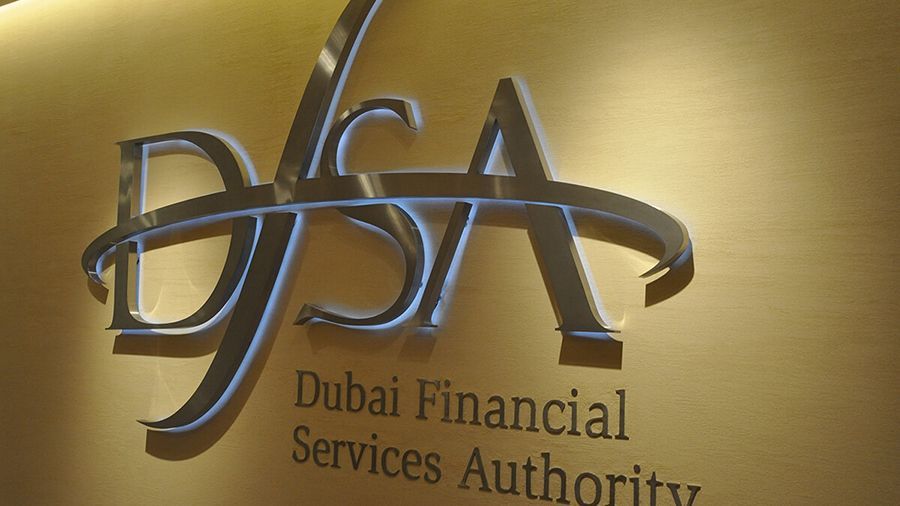2019-2-21 19:00 |
CoinSpeaker
Gladius Gets Reprieve from the SEC and Returns its ‘Unregistered ICO’ Cash
On February 20, the Securities and Exchange Commission (SEC) charged Gladius Network LLC with carrying out an unregistered ICO. The cybersecurity company had raised $12.7 million, around 24,000 ETH at the time of sale. In a comprehensive press release, the commission explained that the ICO was not fully registered under federal securities laws.
According to the commission’s order, Gladius conducted an initial coin offering in late 2017. The SEC agreed to terms of settlement after the crypto start-up reported itself and agreed to refund all affected investors. The refunds will enable the company to avoid a fine from the commission. The start-up is not agreeing to or denying the commission’s finding under that arrangement. The SEC’s report also specified that:
“The SEC did not impose a penalty since the company self-reported the conduct, agreed to compensate investors, and will also register the tokens as a class of securities.”
Notably, the regulator used the expression “unregistered ICO” in the headline of the Gladius announcement. These sentiments echoed Jay Clayton’s, the commission’s chairman, past statements that all ICOs he had seen were somewhat a security. Previously, the commission settled unregistered securities charges against Airfox and Paragon Coin. However, it never explicitly used the phrase “unregistered ICO” at the time.
The ICO itself did not qualify for any exemption from registration requirements that the federal securities laws impose.
Not PenalizedThe commission announced that it will not impose any penalty as it has done in the past. Gladius self-reported its token sale to the regulator hence avoiding any charges. According to the press release, Gladius:
“Expressed an interest in taking prompt remedial steps.”
In a statement, Robert Cohen, the SEC cyber unit chief said that:
“The SEC has been clear that companies must abide by the securities laws when issuing digital tokens that are securities. Today’s case shows the advantages of self-reporting and taking proactive steps to remediate unregistered offerings.”
The commission’s release acknowledged that Gladius’ token sale happened after its DAO report was published. The report found that ICOs can qualify as securities offerings (STO).
RefundsAlthough Gladius will not pay any fines to the SEC, the start-up must file for registration with the commission. The process will also involve disclosing a lot of the company’s information publicly. Such information is vital for the investors to determine whether the floated GLD token is a profitable investment.
On the other hand, disclosing publicly any information may prove a headache to the company. Among the other ICOs mentioned in this publication, Gladius comes out the cleanest. Their chances of getting approval from the SEC and continuing their operations are considerably high.
Nonetheless, ICO investors can recoup their original investment given the GLA market performance in the interceding months. The token moved under $3,000 in trading volume in the past 24 hours with its price oscillating around 7 cents. The GLA token compensates users who sell various resources like bandwidth that helps sites neutralize DDOS attacks.
The Gladius network is operational. However, it is almost unheard of in the real-world uses since most sites rely on Cloudflare and many other similar services for the same purpose.
Meanwhile, for all the interested, we have created the most comprehensive guide that will help you determine what STO is, how it works, and what is concealed behind this industry’s disrupter. You can also review the latest Security Token Offerings (STOs) in Coinspeaker’s STO Calendar.
Gladius Gets Reprieve from the SEC and Returns its ‘Unregistered ICO’ Cash
origin »Bitcoin price in Telegram @btc_price_every_hour
ICO OpenLedger (ICOO) на Currencies.ru
|
|






